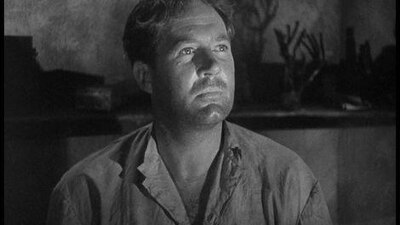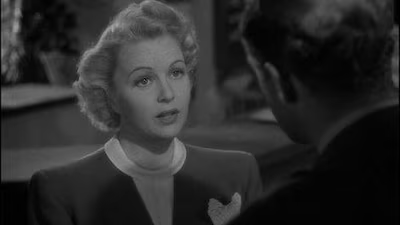Frank Borzage

About
Biography
Filmography
Family & Companions
Biography
Borzage switched from acting to directing in 1916, bringing to the screen a dedication to romanticism that became his trademark. Although undoubtedly sentimental--and criticized by some for it--his films, from "Humoresque" (1920) through "Moonrise" (1948), were not only undeniably popular but, at their best, were also the moving, highly artful and visually enthralling work of an instantly recognizable filmmaker, a genuine auteur.
Borzage was a pioneer in the use of techniques, such as soft focus, that have become standards of romantic filmmaking. He was the first ever recipient of a best director Oscar, for "Seventh Heaven" (1927), he won the award again for "Bad Girl" (1931). A sensitive explorer of the pains and joys of love, and a true believer in its enduring power, Borzage made films in a surprisingly wide range of genres, from the romantic comedy to the war film. In addition to the aforementioned, he left his indelibe stamp on such distinguished films as "Lazybones" (1925), "Lucky Star" (1929), "A Farewell to Arms" (1932), "Little Man, What Now?" (1934), "Desire" (1936), "History Is Made at Night" (1937), "Three Comrades" (1938), "The Mortal Storm" (1940), and "I've Always Loved You" (1946).
Filmography
Director (Feature Film)
Cast (Feature Film)
Writer (Feature Film)
Producer (Feature Film)
Production Companies (Feature Film)
Misc. Crew (Feature Film)
Life Events
1906
At age 13, worked in a silver mine to pay for a correspondence course on acting (date approximate)
1906
Joined a traveling troupe of actors as a prop man; eventually began acting with the company and was made a leading man before age 20
1912
Joined Thomas Ince's film company as an actor
1912
Short film acting debut in "When Lee Surrenders"
1913
Medium-length film acting debut in "The Ambassador's Envoy"
1914
Feature film acting debut in "The Battle of Gettysburg"
1915
Film directorial debut, "The Pitch o' Chance"
1916
Directed 15 films, nearly all distributed by American Mutual Company
1918
Helmed nine films, most produced by Allan Dwan
1920
Breakthrough feature as director, "Humoresque", scripted by Frances Marion; film no longer extant
1924
Made silent version of "Secrets", starring Norma Talmadge
1925
Early surving feature, "Lazybones", scripted by Frances Marion
1927
Helmed "Seventh Heaven"; won first of two Best Director Academy Awards; also first award presented in this category; paired Janet Gaynor and Charles Farrell on screen
1928
Reteamed Gaynor and Farrell in "Street Angel"
1929
Third pairing of Gaynor and Farrell, "Lucky Star"
1929
Made first talking picture, "They Had to See Paris"
1930
Was director of "Liliom"
1932
Helmed the adaptation of "A Farewell to Arms", starring Gary Cooper and Helen Hayes
1932
Won second Oscar for directing "Bad Girl"
1933
Guided Mary Pickford in her final screen appearance in remake of "Secrets"
1934
First film with Margaret Sullavan, "Little Man, Now What?"
1936
Directed Marlene Dietrich in "Desire"
1938
Helmed "Three Comrades", starring Margaret Sullavan
1938
Made two films starring Joan Crawford, "Mannequin" and "The Shining Hour"
1940
Last film with Sullavan, "The Mortal Storm", third in unofficial trilogy of films set in Germany
1940
Third feature with Joan Crawford, "Strange Cargo"
1942
Left MGM and worked freelance until after WWII
1946
Steered David Niven and Ginger Rogers in the biopic of Dolly Madison, "The Magnificent Doll"
1946
Signed six-film contract with Republic Pictures
1946
Directed Republic's first Technicolor feature "I've Always Loved You"
1949
Helmed "Moonrise"; last film for nearly a decade
1958
Returned to feature directing with "China Doll"
1959
Last film, "The Big Fisherman", a three-hour biblical epic based on Lloyd C Douglas' novel
Photo Collections
Videos
Movie Clip












Trailer












Family
Companions












